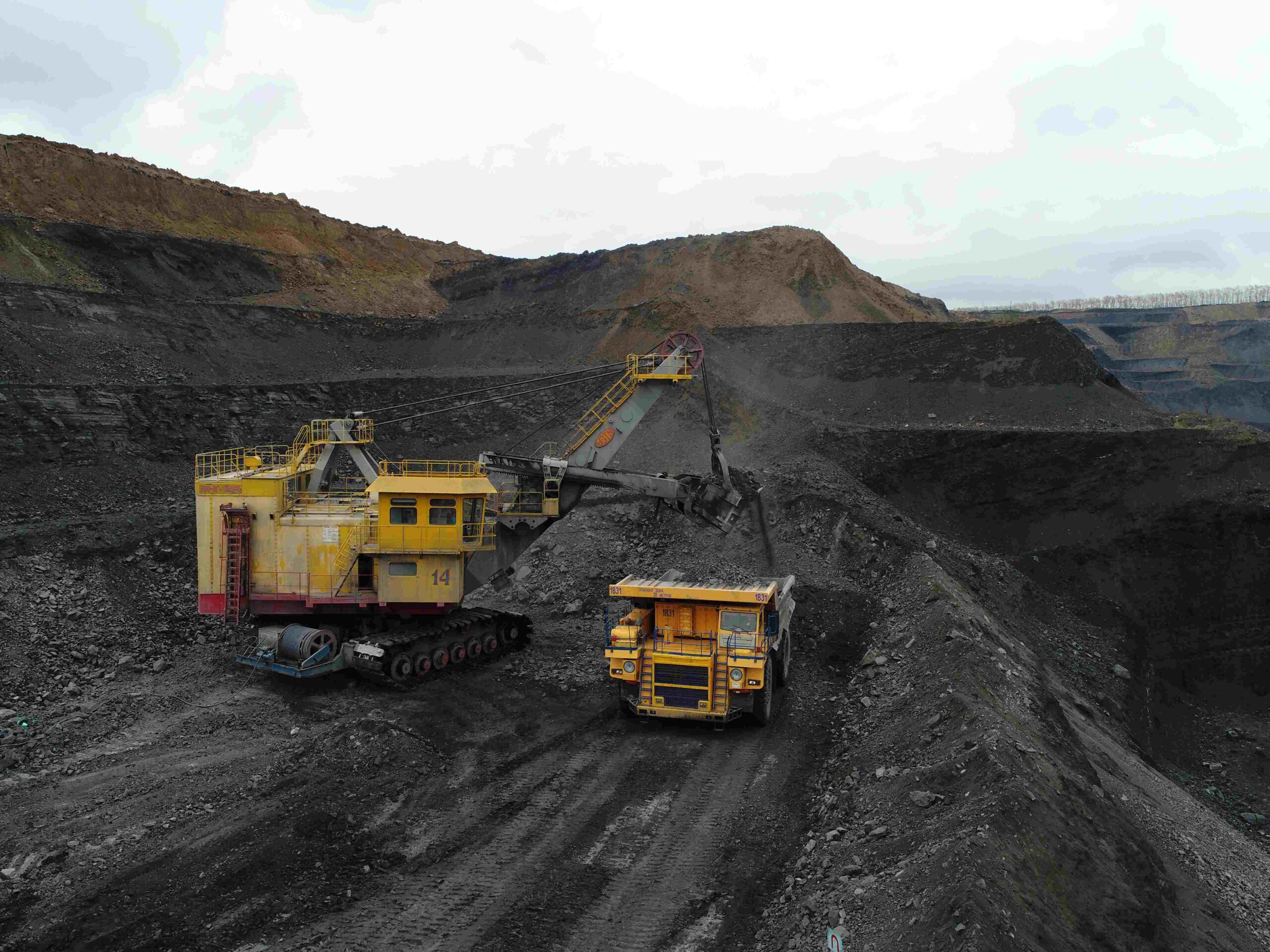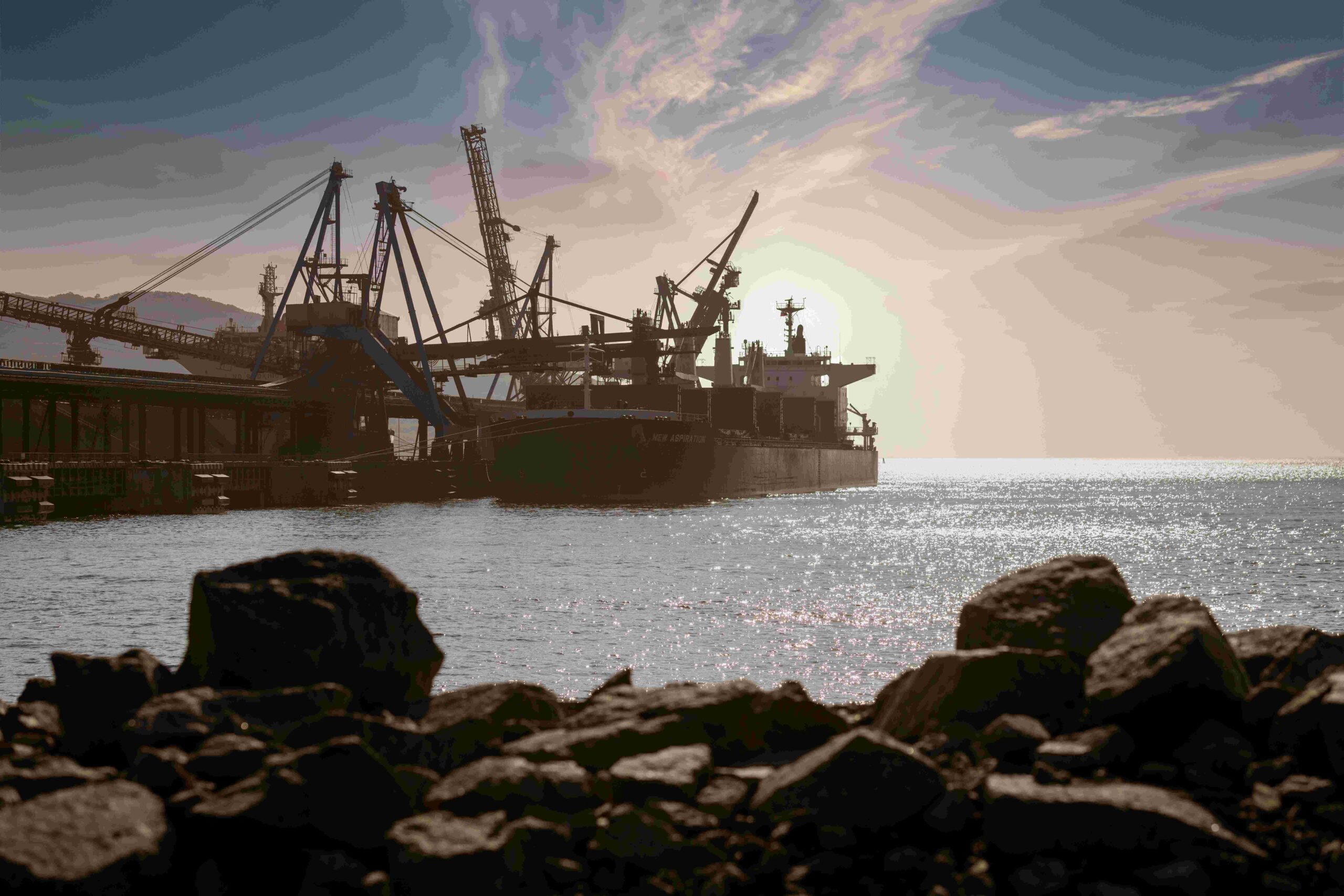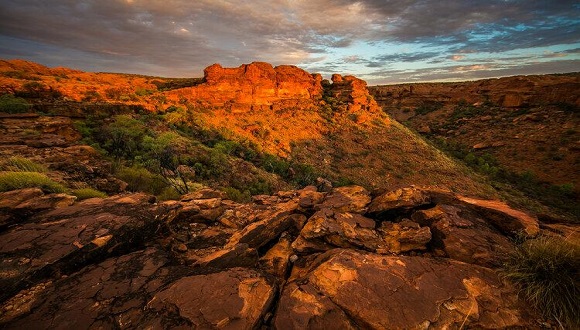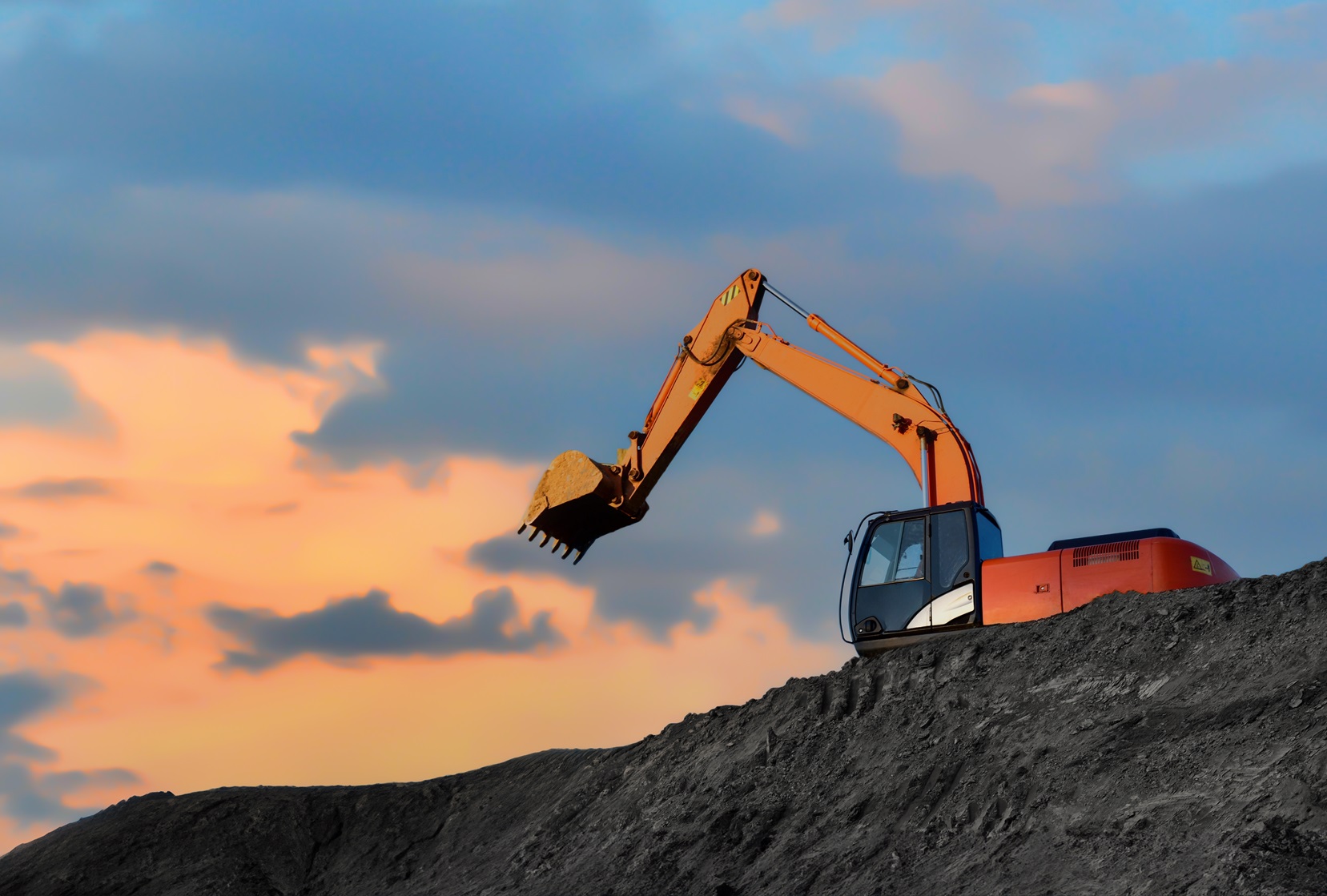
Japanese engineering giant Toshiba has vowed that it will not develop any coal-fired power plants and will turn to renewable energy, the company’s president declared on Wednesday, November 11. At the same time, the company advised that all of its existing projects would not be removed.
Nobuaki Kurumatani, president of Toshiba, said they would avoid accepting new orders to construct c al-fired plants and seek to reduce greenhouse gas emissions by 50 percent by 2030.
The business plans to expand its investment in renewable energy, such as offshore wind power infrastructure and solar power facilities, to accomplish this.
Meanwhile, Peabody Energy, the world’s largest producer of coal in the private sector, said there was a possibility that it could go bankrupt for the second time in five years as it ran to renegotiate debts following the decline of fossil fuel demand.
As natural gas and renewables replace coal on the North American power grid, the New York-listed miner is at the forefront of an upheaval in the energy markets.
China Kicks An Own Goal With Australia: China’s displeasure at Australia’s strong opinion on political interference and demands for an independent inquiry into the root cause of the Covid-19 pandemic has been a success for two other Asian countries, Japan and India.
Denial by Chinese authorities to allow the unloading of coking or steel-making coal from Australia has seen the material excitedly accepted by steelmakers in other countries.
Credit Suisse, an investment bank, said in a note to clients earlier this week that Australian premium hard coking coal was being sold in India and Japan at $70 a ton less than China’s domestic price for lower-quality steel-making coal. The Credit
Suisse bank said that China’s coal ban was enhancing Japan’s steel competitiveness.
“Metallurgical (coking) coal prices are becoming distorted as China’s ban on Australian imports of coal continues. The Asian country improves its coal import for 2020 by about 20m tonnes but is expected to exclude Australia, which has hundreds of millions of tonnes anchored off the Chinese coast in a deepening trade dispute
with Beijing.
Guardian Australia also understands China is reducing customs clearance times for Australia’s key coal export competitors, Indonesia and Russia.
China has agreed to a $1.5 billion Indonesian coal trade agreement beginning in 2021 in the midst of speculation that the move is a sign of
Beijing’s overall change from Australian supplies.
According to a statement from Indonesia’s coal mining association, the contract is for three years. In a virtual signing ceremony, the two sides agreed “a coal contract purchase” for 2021.
The quantity of coal exports would be reviewed annually, according to the statement, which added that it was also necessary to establish a reference price index that could be “negotiated regularly”.
Source: D&F Shipping Market Analysis
Follow D&F Shipping Market Analysis on Twitter:
[tfws username=”Dnfsmanalysis” height=”700″ width=”350″ theme=”light” color=”#FAB81E” tweets=”2″ header=”yes” footer=”yes” borders=”yes” scrollbar=”yes” background=”yes”]



